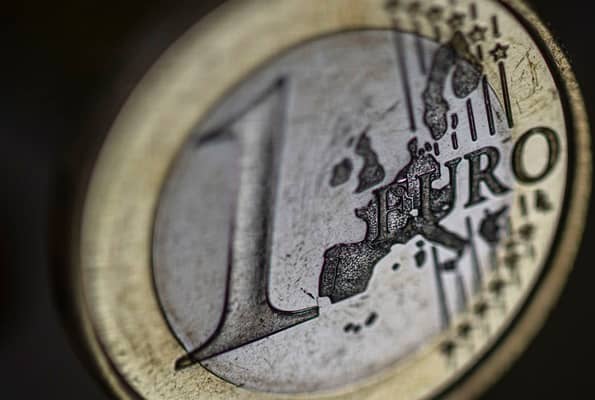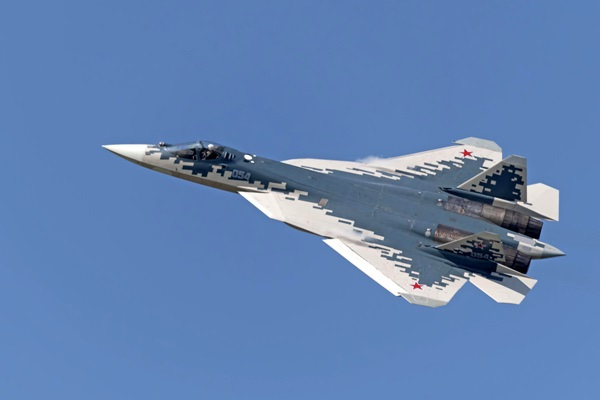Bussiness
Euro may be under pressure as yield gap widens amid political and economic uncertainty – London Business News | Londonlovesbusiness.com

The euro is consolidating today after its massive and largest daily loss against the US dollar this year, as it settles near the 1.075 level, still near its lowest levels since last July.
The euro’s losses came as US Treasury yields have surged this year, widening the gap between them and German bunds to their highest level since last May. This pressure on the single currency comes amid a continued flow of negative data from the eurozone and increasing political and geopolitical uncertainty, especially after Donald Trump’s return to the White House.
Concerns are focused on the fact that Trump’s return will exacerbate trade wars again, and the eurozone will be part of them, with 20% of tariffs likely to be imposed on European imports.
The protectionist policies that Trump may be moving to implement, also benefiting from the Republican dominance of Congress, may harm the euro in two ways: the first is the possibility of inflation in the United States returning to rise, pushing bond yields higher, and the second is through a further decline in economic activity in the eurozone.
In addition, the damage that may be inflicted on China as a result of tariffs that will reach 60% on its imports may deepen the impact of these policies in the eurozone, as the latter is the most important trading partner for the largest manufacturer in the world after the Association of Southeast Asian Nations.
In light of these concerns, the yields on 10-year Treasury bonds rose yesterday to 4.477%, the highest level since last July, in contrast to the decline in German bund yields to 2.415% at yesterday’s close before rising again today.
Also, concerns about the possibility of rising inflation in the United States in the coming years, in conjunction with the weak performance and the absence of a near horizon for restoring growth in the eurozone, may push the yield gap between the bonds of the two economies towards further increase, thus maintaining downward pressure on the single currency.
Before narrowing slightly today, the yield gap between 10-year Treasuries and their German counterparts widened to its highest level since last May at 2.045%.
The New York Times quoted the Peterson Institute for International Economics as saying that the various policies that Trump might implement could lead to a record 28% increase in inflation by 2028, according to current expectations, and to four times what it is now.
The rise in US Treasury yields also reflects the markets’ re-pricing of their expectations for the path of interest rates over the coming year in a less optimistic manner, which may justify the continued pressure on the euro. The probability of the Fed cutting rates by 25 basis points – assuming a half-point cut this year – has fallen to 29% today from more than 60% a month ago, according to the CME FedWatch Tool.
But that may not be the case in the future. Wall Street Journal chief economic commentator Greg Ip, citing experts, says Trump could use tariffs to negotiate trade barriers and that the actual increase could be much smaller than he talks about. The potential damage from a renewed rise in interest rates or a decline in stocks could push him to make concessions in the trade war. Morgan Stanley also predicts that the tariffs could push consumer prices up by just 0.9% as a one-off effect before inflation resumes its downward trajectory.
In the eurozone, Germany delivered more negative data today with a faster-than-expected contraction in industrial production of 2.5% on a monthly basis and a larger-than-expected decline in the trade surplus in September to 17 billion euros. These figures come after more closures and layoffs were announced at auto and parts companies in Germany and France. Add to that political uncertainty after the collapse of the ruling coalition in Germany following the dismissal of the finance minister. While this economic and political uncertainty is keeping business confidence low in the coming months, according to the November S&P Global manufacturing PMI report.
Adding to all this uncertainty is the question of the future of the conflict in Ukraine after Trump returns to power in January. While Trump has promised to end the war immediately upon his return, these promises are met with doubts about their reality and how to implement them, as no plan has been presented publicly in this regard. The Wall Street Journal quoted a former aide to Trump’s National Security Council as saying that anyone in the Trump administration who claims to have plans for Ukraine simply does not know what he or she is talking about.










